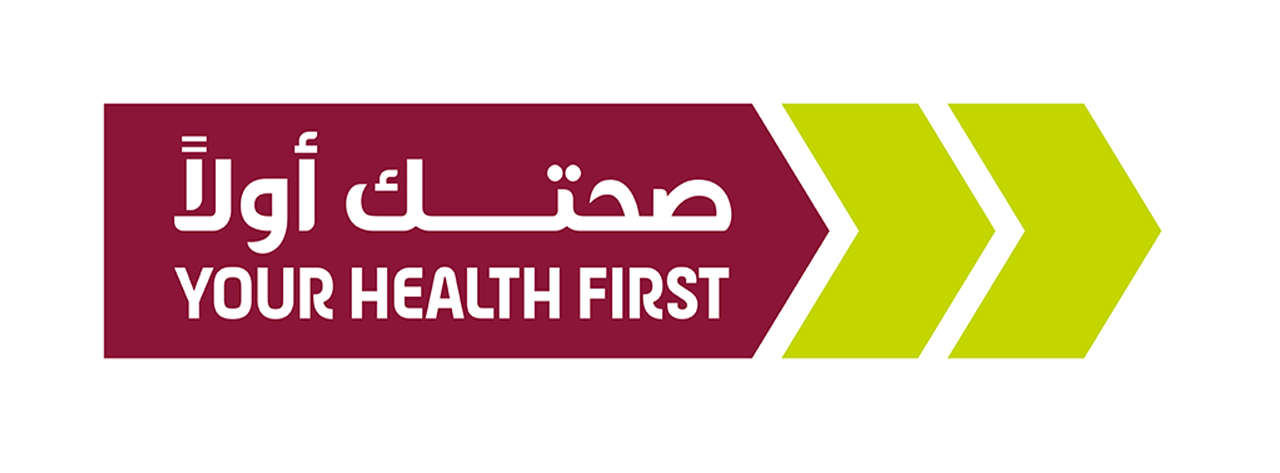

Ramadan, pregnancy and illness
As Muslims across the world engage in spiritual reflection and abstinence for the holy month of Ramadan, many people with health conditions must make a judgment about whether they are well enough to observe the fast.
Fasting may be unsuitable for people who suffer from chronic conditions such as diabetes or who are afflicted with incidental illness such as influenza at the time of Ramadan. The Qur’an takes account of individual health circumstances and some cases it is permissible to complete the fast period after Ramadan. The key advice is to speak to your family physician and seek religious guidance if you are in doubt.
Fasting while pregnant is not advised, and it is permissible for mothers to observe the fast after their baby has been born. New mothers should consult their doctor to check they are well enough to fast before doing so, and fasting before the baby is weaned is generally not recommended by physicians.
What about people who need to take medication in Ramadan? The advice is that it is permissible to swallow pills while fasting, and this does not constitute breaking the fast, but they must be taken without water. If this applies to you, it is a good idea to practice taking your medication without water a few times before Ramadan begins. It is also good practice to ask your doctor if you can take your medication outside of the fasting hours.













